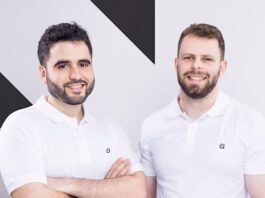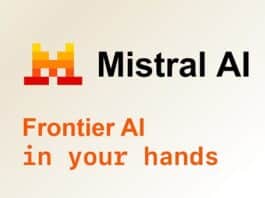A new study has emerged that alleges the existence of gender bias in the open source world. The report has examined the acceptance rates of open source contributions from men and women on GitHub.
The research conducted by the computer science professors at North Carolina State University claims that the rejection rate of women’s contribution is much higher than men. It also suggests that if contributor’s gender is unidentifiable, contributions from women are accepted at a higher rate.
“Our results indicate that gender bias does exist in open source programming,” says Emerson Murphy-Hill, corresponding author of a paper on the study and an associate professor of computer science at North Carolina State University.
Murphy-Hill and his colleagues analysed over three million pull request from 330,000 users on GitHub. Nearly 21,000 subjects of this group were women. Since the gender is unidentifiable during pull requests, the report states that 78.7 percent of requests from women were accepted while 74.6 percent of men’s requests were accepted. However, when gender got involved, the numbers are claimed to be drastically decreased for women.
When the identity of an individual was identifiable, only 58 percent of requests by women were accepted as compared to 61 percent of male users. The only way to identify the gender is through their GitHub profile name or picture. Surprisingly, female programmers with gender neutral profiles had a high acceptance rate of 70 percent.
Women as strong programmer
The study suggests that gender bias exists in open-source programming and contributions. At the same time, it also indicates that women are strong programmers on GitHub.
“The study also tells us that, in general, women on GitHub are strong programmers. We don’t think that is because gender affects one’s programming skills, but likely stems from strong self-selection among women who submit pull requests on the site,” Murphy-Hill says.
Counters traditional thoughts
Even though the North Carolina State professors are highlighting the fewer pull requests by women, the latest study is contrasting the traditional views.
Erynn Petersen, executive director of the Outercurve Foundation, in an old post on OpenSource.com stated that a career in open source software is “ideal for women who are seeking balance in their lives” whether it is to start a family or to maintain balance with friends.
Petersen’s Girl Develop It is already helping a large number of women developers learn to code.
“Women can pursue a career in open source software engineering at any stage in their lives — from college to mid-career and beyond,” Petersen wrote.




